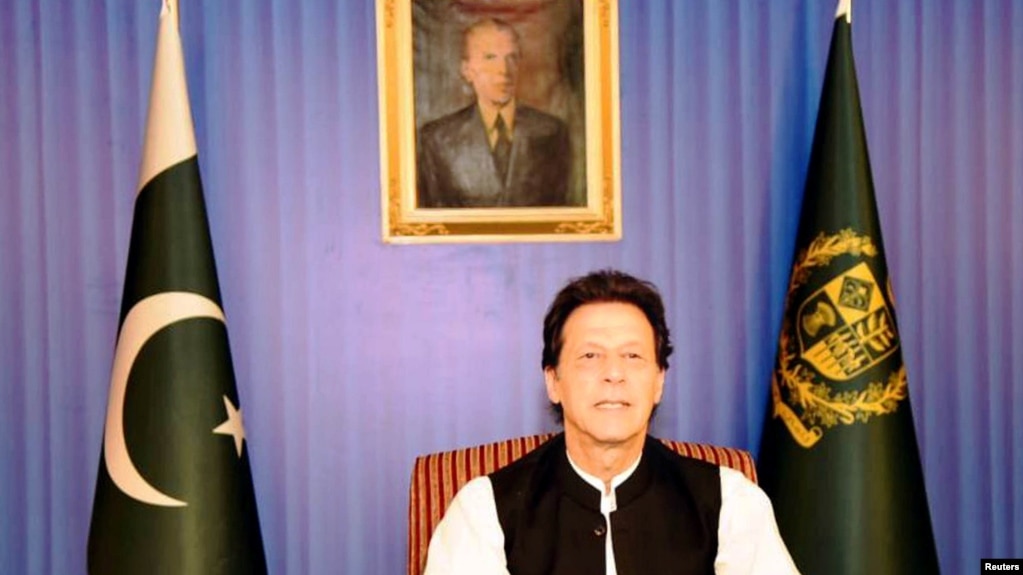
The United Nations refugee agency and local officials say there are 2.7 million Afghans, including 1.5 million registered as refugees, in Pakistan. The displaced families have fled decades of conflict, ethnic and religious persecution, poverty and economic hardships in turmoil-hit Afghanistan.
“Afghans whose children have been raised and born in Pakistan will be granted citizenship inshallah (God willing) because this is the established practice in countries around the world. You get an American passport if you are born in America,” said Khan, who took office last month.
“Then why can’t we do it here. We continue to subject these people to unfair treatment,” the Pakistani prime minister said at a public event in the southern port city of Karachi Sunday night.
U.N. surveys suggest that around 60 percent of Afghan refugees were either born in Pakistan or were minors when their parents migrated to Pakistan. War-shattered Afghanistan is therefore alien to most of these young people who are already part of the local economy in different ways.

UN: Afghans Need Asylum, All Should Not Bear Blame for Few Crimes in Europe
This group of refugees, officials say, are reluctant to go back to Afghanistan where security conditions have deteriorated in the wake of the stalemated war between U.S.-backed Afghan security forces and the Taliban insurgency.
Khan noted in his nationally televised remarks that without Pakistani national identification cards and passports, the refugees have been unable to find decent legal jobs or get a quality education in local institutions.
These people, the prime minister said, will eventually be forced to indulge in criminal activities, posing security issues for areas like Karachi, the country’s largest city and commercial hub. Afghans are a significant portion of the nearly 20 million residents in Karachi.
“They are humans. How come we have deprived them and have not arranged for offering them national identification card and passport for 30 years, 40 years,” Khan lamented.
The Pakistani leader explained that since he is also directly overseeing the federal Interior Ministry, which is responsible for granting passports and identification cards, he will instruct his staff to make efforts without further delay to offer Pakistani nationality to the people “who have come from Afghanistan and whose children are raised and born in here.”
Khan spoke a day after his Foreign Minister, Shah Mehmood Qureshi, visited Afghanistan, where he discussed among other issues the fate of the registered Afghan refugees who have until December 31, 2018, to stay in Pakistan legally.

UN: 8 Million Afghans ‘Don’t Live in Their Homes’
An official statement issued after Qureshi’s daylong trip to Kabul said that in his meetings with Afghan leaders, the foreign minister “underlined the need for dignified, sustainable repatriation of Afghan refugees to their homeland through a gradual and time-bound plan.”
Pakistani authorities have lately complained that Taliban insurgents waging attacks inside Afghanistan have been using the refugee communities as hiding places. Both countries accuse each other of supporting militant attacks against their respective soils. The allegations are at the center of bilateral political tensions.
In a meeting last week with visiting U.N. High Commissioner for Refugees, Filippo Grandi, Khan assured him that his government will not force Afghan refugees to leave Pakistan.
